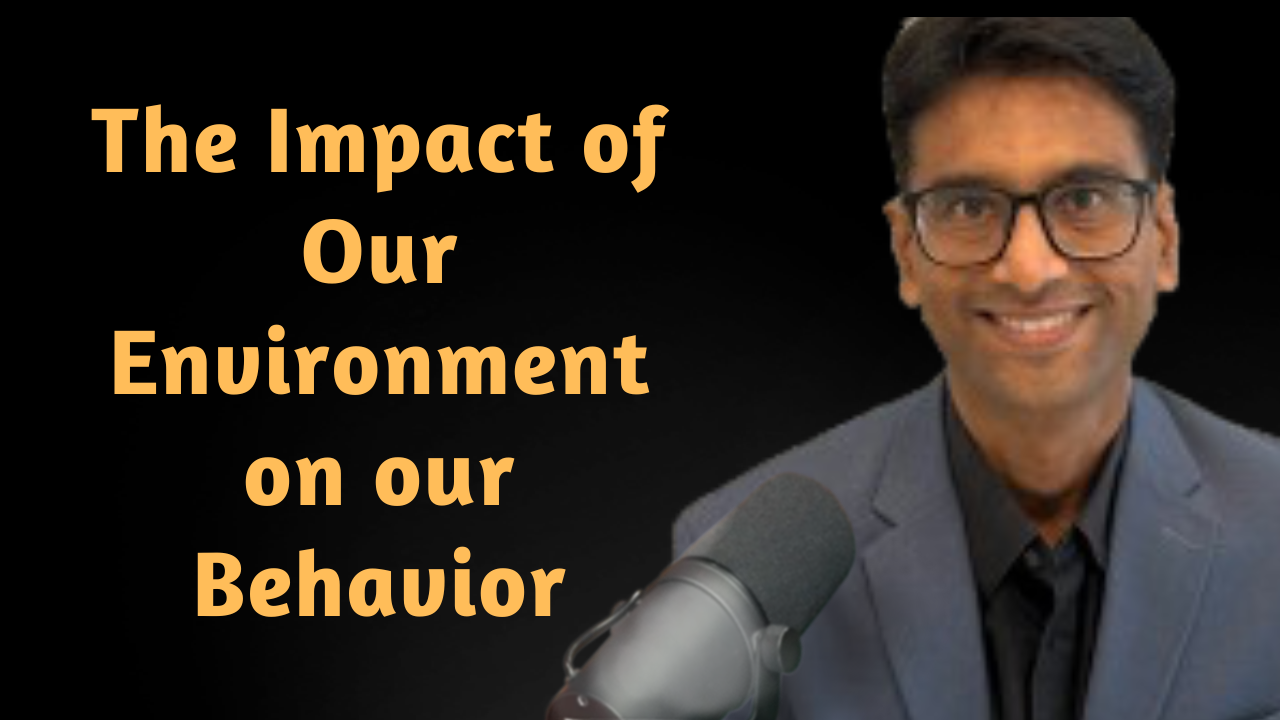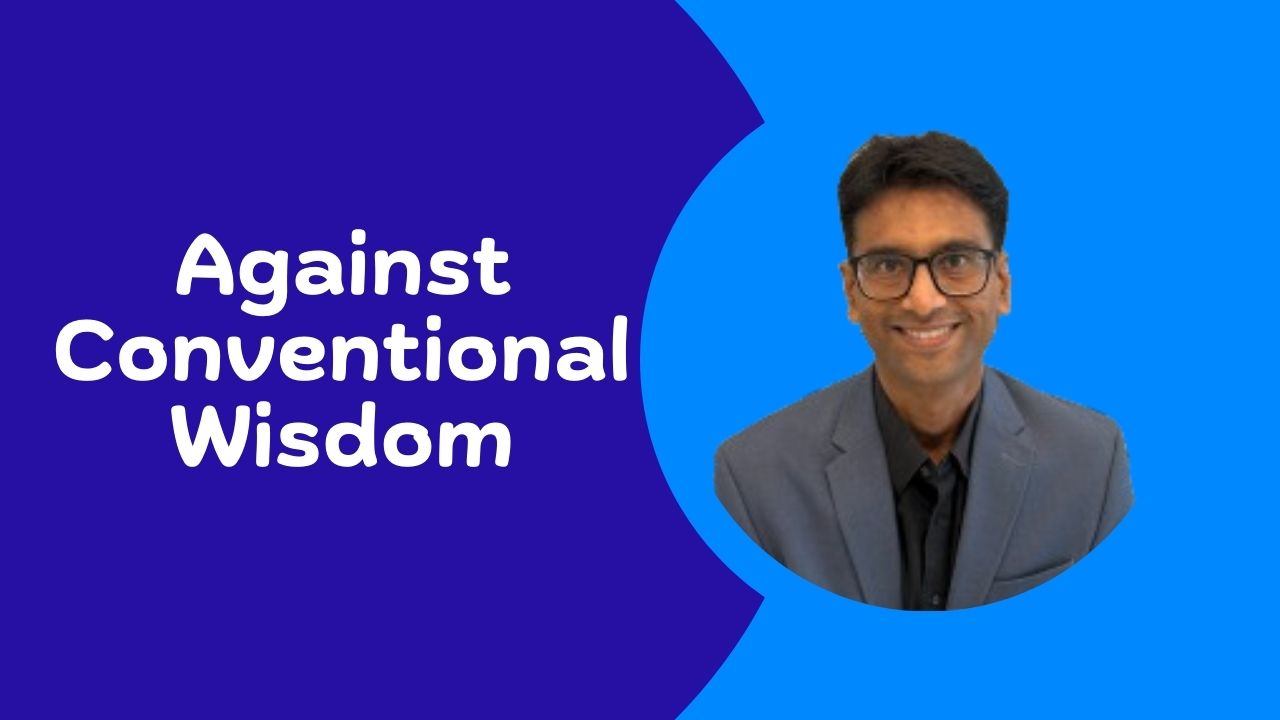
In this very insightful and a short clip, advertising legend Bill Bernbach talks about the difference between writing and communicating.
The writer is concerned with what (s)he puts into his/her writing, whereas a communicator is concerned with what the reader gets out of it. (S)He therefore becomes a student of how people read and listen.
(S)He learns that most readers come away from their reading, not with a clear, precise, detailed registration of its contents on their minds, but rather with a vague misty idea which was formed as much by the pace, the proportions and the music of the writing, as by the literal words themselves.
And (S)He learns that the reader reads with his ego, his emotions, his compulsions, his prejudices, his urges and his aspirations, and that (s)he plots with their brain to rationalise the facts until they become the tools of their desire.
– Bill BErnbach
There is a lot that we can learn from Bill’s insight about communication. As leaders, one of the most important things that we do and the thing that we probably do most is to communicate.
So, if we can improve the effectiveness of our communications, we are improving the effectiveness of our leadership. Let’s constantly seek ways to improve the effectiveness of our communications.
1. We need to craft our communication such that we are able to appeal to both the intellect (by using data, facts, figures, logic, etc) and the emotions (by sharing stories, anecdotes, metaphors, etc) of our readers / listeners.
2. We need to keep our communications sharp is by focusing on a few (1 – 3) key messages in any piece of communications. The less the number of key messages, the better are the chances that the readers or listeners might remember them.
3. We need to keep our communications simple by using simple, easy to read or follow language rather and avoiding jargons or as Stacey Barr calls weasel words.
4. Study good copy and advertisements. Try to figure out if they work and if they do why. And if they don’t, why not and what needs to be tweaked so that it would work.
5. Watch out every time either you are compelled to take action or see anyone compelled to take action due to a piece of communication (make a donation of time, money or resources) and try to learn why it worked.
In conclusion:
In conclusion, I can’t emphasise enough about the impact that simple, effective and elegant communication has on the effectiveness of our leadership. So, let’s continue to learn to become better communicators so that we can be better leaders.
Here are a few of my thoughts on how to be better communicators:
1. Three Modes of Communication – Where do you spend the most of your time as a leader?
2. PBTO: Learning How to Communicate to Inform, Inspire and Connect People with Col Fink
3. Unlocking Leadership Influence: The Art of Communication


